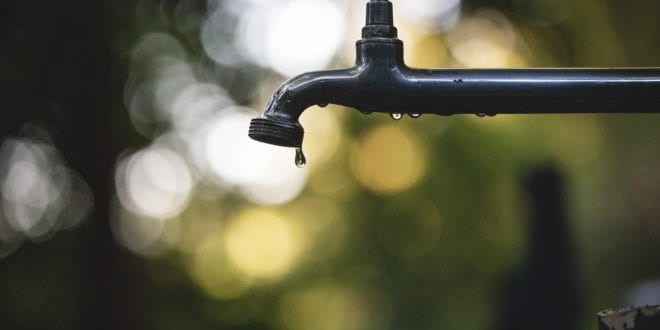There are many who wonder why we should conserve water when 71% of the earth is covered in it, but if you take your eyes off the globe and take a look at the facts, you’ll realize that only 3% of that water is freshwater, while the greatest part is saltwater, not suitable for drinking.
Furthermore, we’re constantly decreasing our clean water supply through pollution. By burning fossil fuels we negatively affect climate change which reduced rainfalls in some areas where nature is no longer able to provide this critical resource. Deforestation prevents the forests from collecting, storing, and purifying the rainfall. Population growth is making this resource even more scarce and without proper conservation, the lives of millions can be affected due to water-related illnesses.
Since every single living being needs water to survive, turning a blind eye to these issues is dangerously close to suicide. The problem lies in the lack of awareness – this is not a job we should leave to hydrologists since each individual can make a difference. Saving water at home is a good start, and you can save money in the process. Water conservation is all about properly caring for the available water resources and using them wisely. It is our responsibility to protect it for generations to come. Let’s take a look at the why of it more closely. If you would like to learn how could you save some water for a time in need, you could look at this article.
Water Cycle is Not Perfect
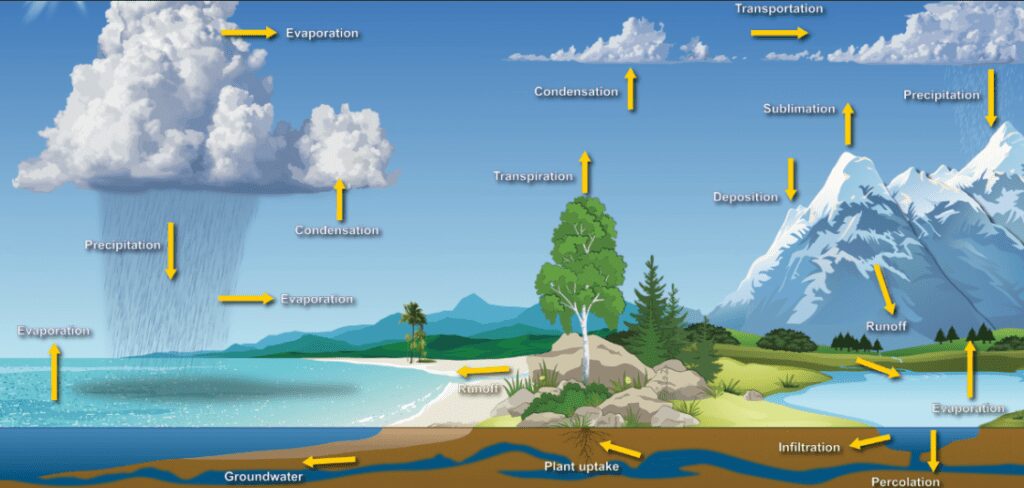
Geography has taught us that water always returns to Earth through it cycle, but the problem is that it doesn’t always return to the same spot, nor in the same quantity and quality. There are many areas that are simply prone to drought, and you can never know when some natural disaster will strike.
The disaster happening in Australia at the moment is the best example of why implementing appropriate water restrictions is paramount. The supply of freshwater remains constant while our need for it is constantly increasing due to industry and population growth. According to Jim’s Mowing, if we reduce the amount of water we use, we minimize the effects of drought and water shortages.
Fuel Resources & Pollution

Running the equipment to pump the water from the central facility requires a great amount of energy. By reducing the usage we also reduce the energy required to process and deliver it to our communities, farms, homes, and businesses. Water conservation conserves fuel resources and reduces pollution, reducing our carbon footprint and preserving the environment. Furthermore, the cost of energy depends on the amount of freshwater at our disposal – the extraction of common energy resources such as coal, gas, oil, etc. all require the use of water.
Sustainable Life
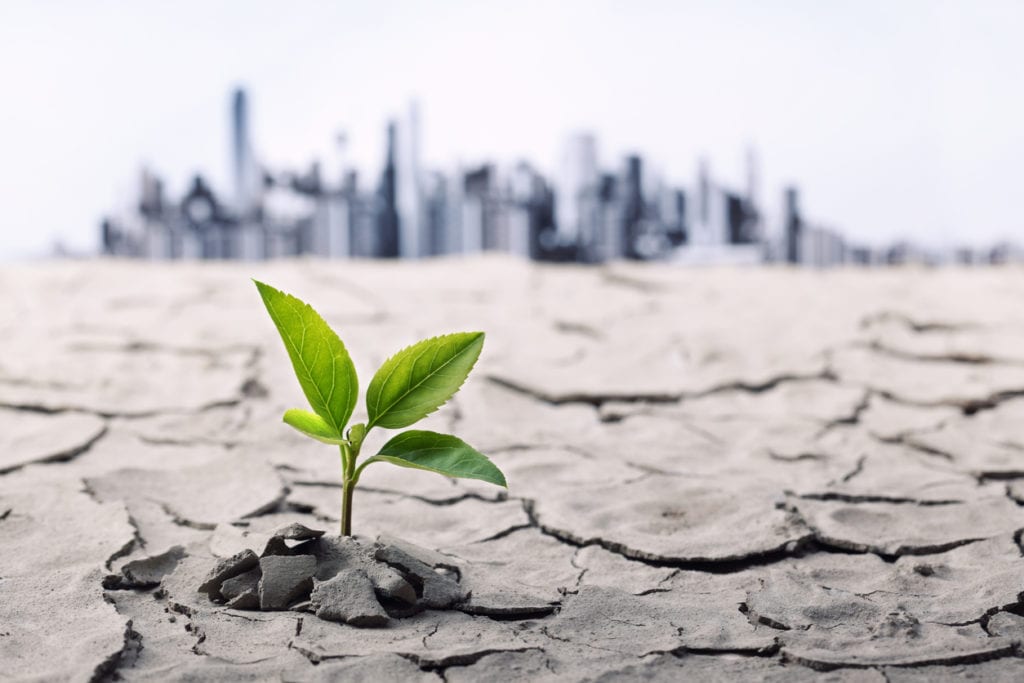
An adequate water supply lies at the very core of a sustainable life. First of all, producing food requires water, so without it, we effectively wouldn’t be able to feed ourselves. Production costs are rising, and as ever-greater importance is placed on sourcing freshwater resources, the chances of a political conflict escalating as a result increases. Furthermore, wildlife needs water for survival the same as humans do.
Aquatic life can’t possibly survive without clean water, which is, again, the question of our own sustainability. Saving it(and keeping it clean) is essential when it comes to keeping our ecosystem in balance.
Community Services
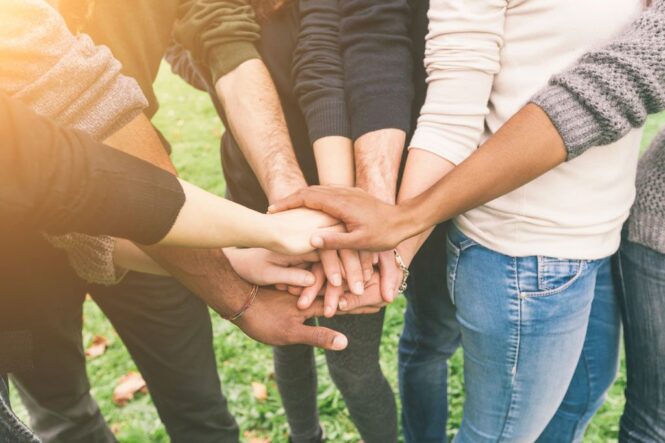
Beautiful and safe communities don’t just appear out of the blue and they’re not self-sustainable. Without the services of hospitals, health clubs, firefighters, gas stations, street cleaners, restaurants, etc. there is no community. And all these services require large amounts of water to function properly. So the continued operation of these community services, as well as the very existence of communities, is at risk if we don’t learn to reduce our water usage.
The Variety of Usage
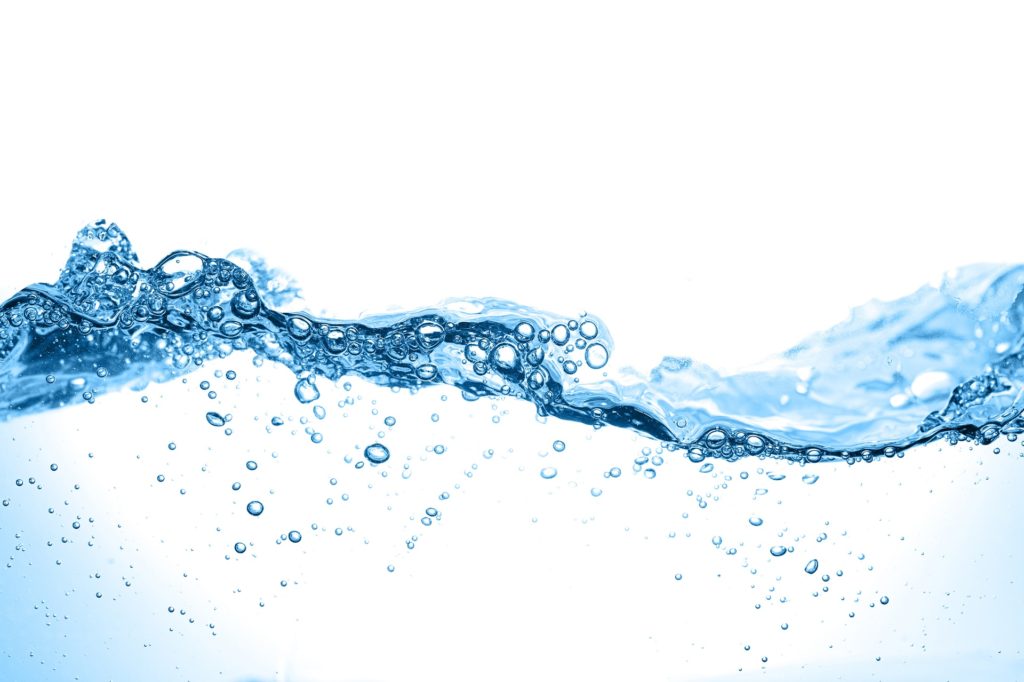
Almost everything we do requires water, and we use it every single day of our lives. We need it for countless activities such as drinking, bathing, washing, cooking, etc. But keeping our bodies clean and healthy is just a portion of our regular activities and habits.
We use it to wash our cars, water our vegetable gardens, flowers, lawns, trees, etc. Then there are recreational purposes – spas, swimming pools, golf courses, etc. If we fail to conserve water now, this variety of usage will be lost in the near future.
When you look at these reasons, it’s obvious that even the smallest efforts can make all the difference. Don’t make the mistake of thinking your actions won’t matter. Every action is a part of the missing link in the water cycle, an important role in pollution reduction, a crucial step towards a sustainable life.
Water conservation is not something you can think about occasionally – it requires a change in lifestyle and a broadened outlook on the state of global affairs. In these times of climate change, deforestation, and population growth, we need to make water conservation a way of life and one that is passed down to future generations if there is to be a lasting positive result for the planet.
 Imagup General Magazine 2024
Imagup General Magazine 2024
